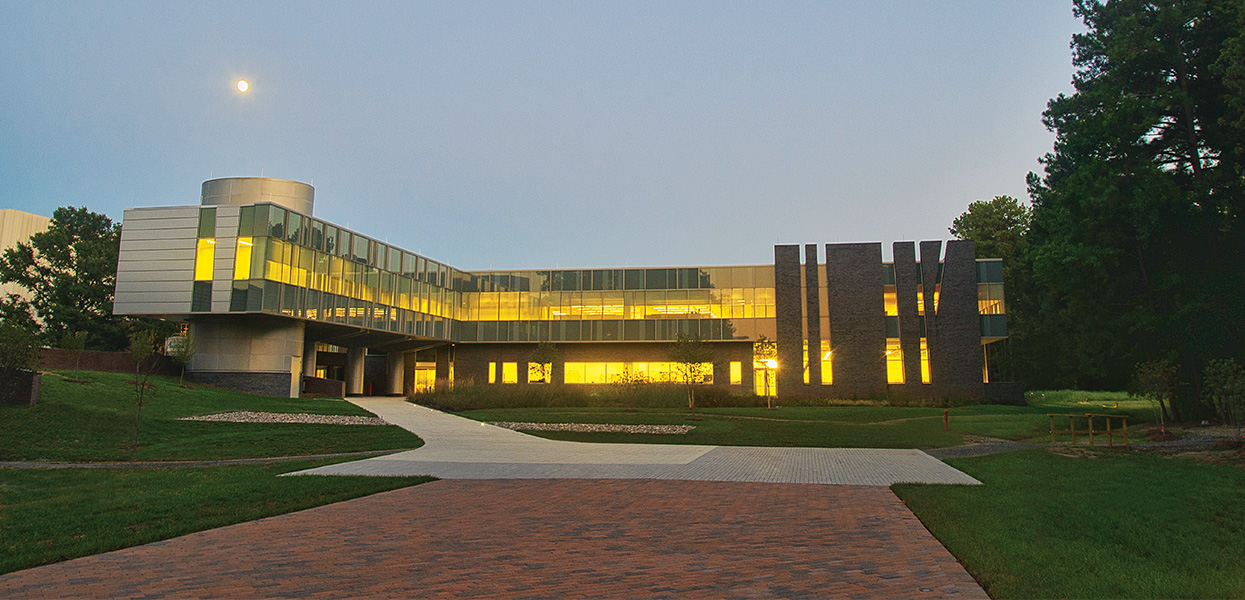Jefferson Lab: Science Teacher Training Program Now Accepting Applications
When students experience the wonders and a-ha moments of hands-on science, it’s a credit to the teachers who have put in the homework to research, design and test activities they think will spark the love of learning. To help teachers energize that process for the coming school year, the U.S. Department of Energy’s Thomas Jefferson National Accelerator Facility is now accepting applications for the Jefferson Lab Science Activities for Teachers program for the 2021-2022 school year.
The JSAT program is a science education development program for fifth-, sixth- and eighth-grade teachers of physical science. JSAT offers hands-on training designed to model curriculums, pedagogies, and more, all while giving teachers the chance to increase their classroom repertoire and strengthen their instruction skillset. The program is offered by Jefferson Lab’s Science Education team.
“Our mission is to support science teachers in the ways they need it,” says Lisa Surles-Law, Jefferson Lab Science Education team lead. “That means that we simultaneously stay in step with them while staying one step ahead to forecast changes and needs.”
The Science Education team works year-round to provide programming and development opportunities for students and educators. These opportunities focus on the science, technology, engineering and math fields. JSAT is an after-school program just for teachers. It begins in September 2021 and continues through May 2022. This year’s program will begin virtually, and the program will transition to in-person meetings as allowed. Teachers in JSAT meet weekly with their peers to enable a cohort-style development program.
“Through the pandemic and the 20-21 JSAT program, we were able to address many of the obstacles that teachers were facing with virtual learning and assist them in crafting engaging, informative and interesting lessons for their classes,” says Surles-Law. “We have always integrated new technologies into the programming to help keep teachers fresh, and we’ll continue to see that leading in development.”
In addition to staying ahead of technology integration, JSAT also looks to the future of evaluation and assessment. Each program reflects the Virginia Standards of Learning and the National Science Education Standards. Throughout the course of the program, educators will cover various topics in the physical sciences, such as matter, energy transfer, force and motion, magnetism and electricity, atomic structure, waves and sound, simple machines, watershed and optics. While teachers are honing their teaching skills, they are also receiving turnkey lessons and materials that they can use quickly. Teachers receive equipment and supplies for each topic. They are also supplied with complete instructional materials, from complete teacher lesson plans to student worksheets.
“The Jefferson Science Associates Initiatives Fund provides the budget for 60 teachers to participate in the program every year,” shared Surles-Law. “As a part of our commitment to the fund, we ensure alignment with the most up-to-date standards for education.”
The program aims to support continued excellence in the science education community. JSAT participants who complete the program receive continuing education and recertification credits and a stipend. Participants also support wider professional development by participating in the Jefferson Lab Teacher Night each spring.
“We are seeing teachers use what they learn in bigger and better ways every year,” comments Surles-Law. “It’s our intention to support their immense passion and creativity by alleviating some of the administrative burdens of preparation. It is wonderful to see them partner, collaborate, and really make the tools that we can offer their own.”

